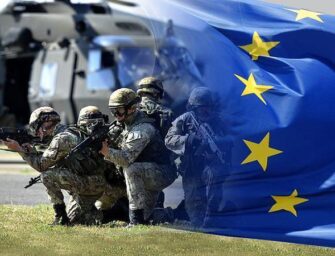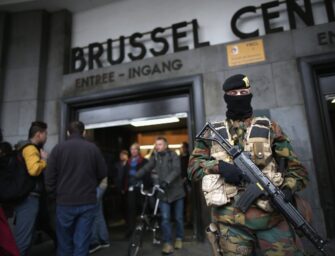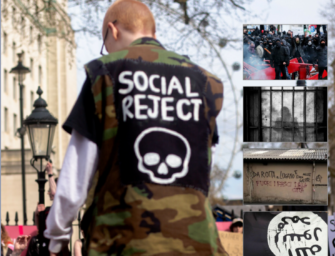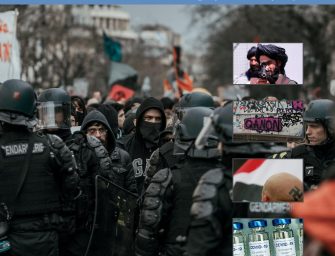Featured Cover Posts
In March 2025, President Donald Trump invoked the Alien Enemies Act to expedite the deportation of Venezuelan migrants suspected of gang affiliations, specifically targeting the Tren de Aragua gang. This marked an unprecedented peacetime application of the act, as the United States is not officially at war with Venezuela. While not able to stop the beginning of the deportations, a federal judge issued a fourteen-day restraining order, opening to legal debates about the scope and applicability of the act in contemporary contexts.
The European Union has long aspired to bolster its collective security and strategic autonomy. Over the past decade, initiatives such as the Permanent Structured Cooperation (PESCO), the European Defence Fund (EDF), and the Coordinated Annual Review on Defence (CARD) have been launched to strengthen European defense capabilities. However, these initiatives, while symbolically significant, have failed to provide Europe with a coherent and effective security framework. As geopolitical tensions rise, particularly with an increasingly aggressive Russia and ongoing instability in the Middle East and North Africa, it is time for Europe to acknowledge the fundamental flaws in its current defense approach and consider more radical solutions.

























































